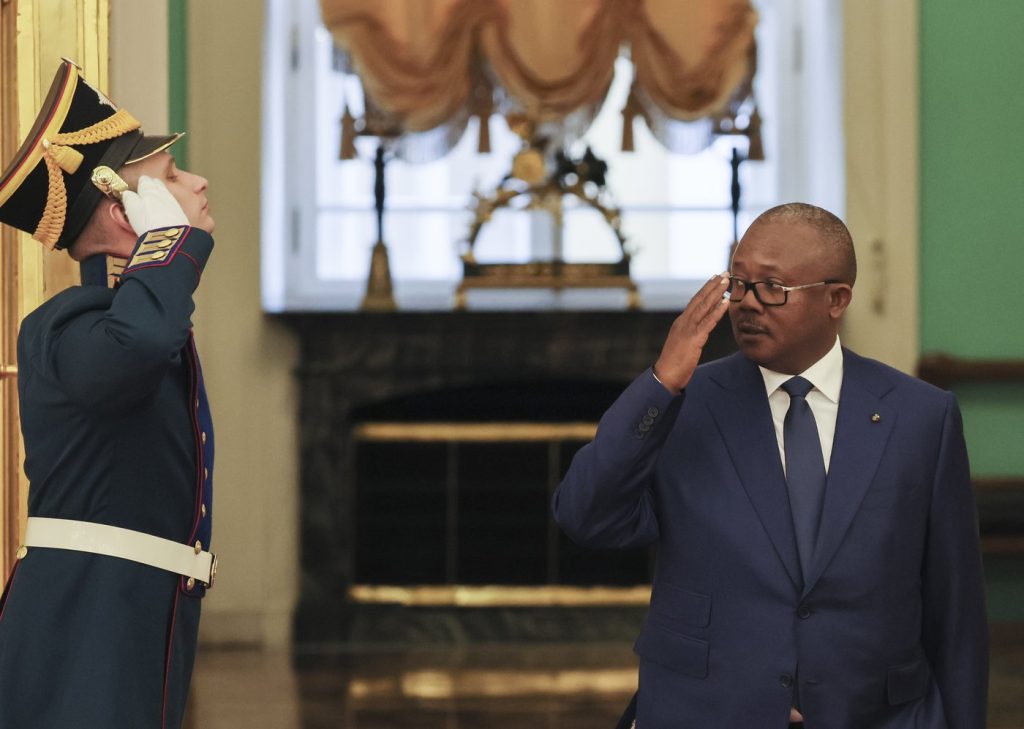DAKAR, Senegal (AP) – A mission from the Economic Community of West African States (ECOWAS), deployed to Guinea-Bissau to mediate a dispute regarding the timing of upcoming elections, has departed the country following threats from President Umaro Sissoco Embalo. This conflict centers around the end date of Embalo's presidential term, which has intensified political tensions and heightened fears of potential unrest in the historically unstable West African nation.
The opposition in Guinea-Bissau contends that Embalo's term, which commenced in 2020, should have concluded in late February, whereas the nation's supreme court has ruled that it will officially end on September 4. In response to this situation, President Embalo made an announcement last month stating that the subsequent presidential and parliamentary elections are scheduled for November 30, 2025.
ECOWAS indicated that its mission departed early on Saturday after being active from February 21 to February 28, working in tandem with the United Nations Office for West Africa and the Sahel to facilitate discussions aimed at achieving consensus on the presidential election schedule. This mission illustrates the ongoing role of ECOWAS as West Africa's principal political and economic authority; however, it has faced increasing challenges in effectively addressing coups and civil unrest, as well as public dissatisfaction regarding the equitable distribution of national resources.
President Embalo claims to have thwarted two coup attempts against his administration, the most recent occurring in December 2023, which escalated into a shootout involving the national and presidential guards. In the aftermath of this attempted coup, Embalo took decisive action by dissolving the opposition-controlled parliament, accusing its members of inaction and complicity in undermining his government.
In a notable recent development, President Embalo met with Russian President Vladimir Putin to explore possible economic and security collaborations. This meeting underscores a broader trend in which Russian influence is growing in Africa, replacing traditional Western allies such as France and the United States as many African governments seek new security partnerships amid increasing regional instability.










